UC Newsroom
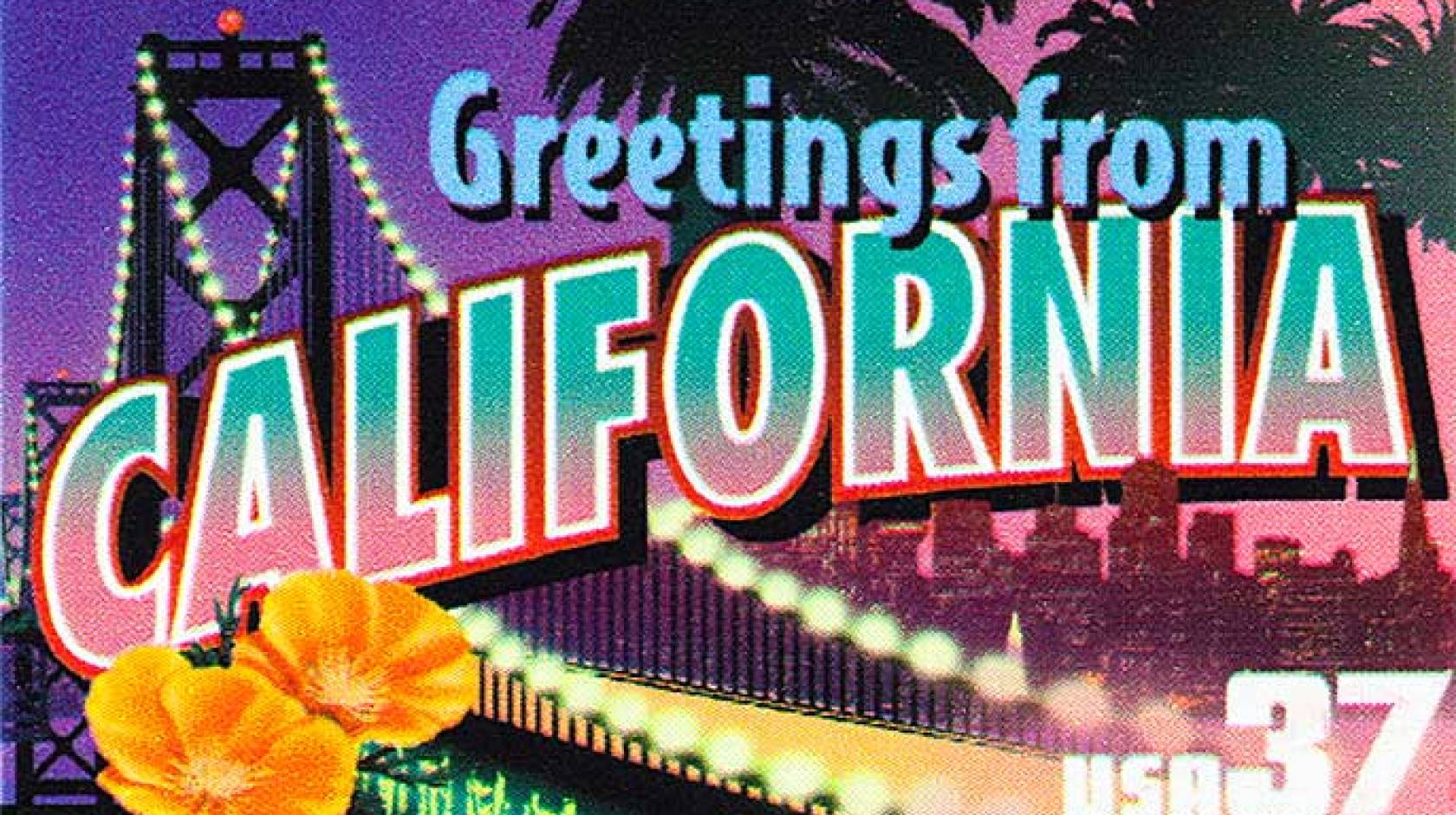
Maybe we've seen the holiday classic "It's a Wonderful Life" a few too many times. In the famous film, a guardian angel shows Jimmy Stewart's suicidal character what the world would be like if he had never lived. Here at UC Newsroom, we've been musing instead about what sort of California would exist without the contributions of the world's premier research university.
Over the last century and a half, UC has produced scores of world-altering discoveries and played a starring role in the development of some of California's most iconic industries. So here — with apologies to Frank Capra and Stewart — are a few of the UC people and products without which life in the Golden State would be a lot less golden.
1. Surfing — the Internet
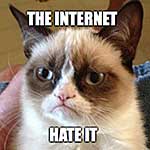 UC Irvine's Roy Fielding was a graduate student in the 1990s when he helped develop the now-familiar HTTP protocol that allows anyone with an Internet connection to easily find and browse Web pages. Before Fielding's work, computer users had to type in "get" and a specific Web address to find the information they wanted. Today, it's almost impossible to imagine a world without Web surfing. Without Fielding, Grumpy Cat and BuzzFeed might never have existed.
UC Irvine's Roy Fielding was a graduate student in the 1990s when he helped develop the now-familiar HTTP protocol that allows anyone with an Internet connection to easily find and browse Web pages. Before Fielding's work, computer users had to type in "get" and a specific Web address to find the information they wanted. Today, it's almost impossible to imagine a world without Web surfing. Without Fielding, Grumpy Cat and BuzzFeed might never have existed.
2. Hanging Ten
Polynesians were riding the waves long before James Cook first described the sport in 1769, but UC can take some credit for California surf culture with its invention of the neoprene wetsuit. UC Berkeley physicist Hugh Bradner set out to help military divers stay warm during long spells in cold water. Bradner's invention, which was developed with materials help and testing at UC San Diego's Scripps Institution of Oceanography, revolutionized scuba diving and made surfing in Northern California's chilly waters a lot more fun. Life without wetsuits? We'd still be shivering on shore.
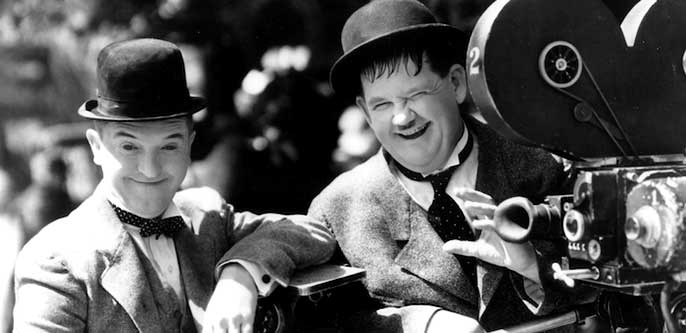
3. Hollywood
Think of California and you think of Hollywood — no other industry is so iconic. And UC people have certainly made their mark on movies and television. Luminaries include Francis Ford Coppola, Gregory Peck, James Dean, Carol Burnett, Michael Douglas, Tim Robbins, George Takei, Jack Black, Maya Rudolph and John Cho, to name just a few. But UC's contributions don't stop there. Treasures from Hollywood's Golden Age would be little more than celluloid dust if it weren't for the preservation work of UCLA's Film & Television Archive. No more Laurel and Hardy? That's nothing to laugh about.
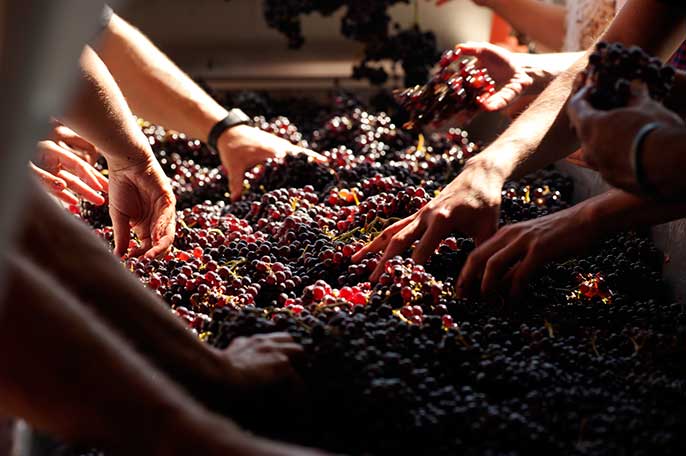
4. California wines
Raise a toast to UC Davis the next time you take a sip of a California cabernet, chardonnay or zinfandel. Its Department of Viticulture and Enology has deep roots, started by an act of the state Legislature in 1880. But California’s wine industry almost withered on the vine. During Prohibition, California winemakers were forced to uproot their vineyards and empty their cellars. UC Davis helped California re-establish its wine industry once the law was repealed. California without wine? That's not a pairing we like.

5. Blue LEDs
The world is a bit brighter because of UC Santa Barbara's Shuji Nakamura. As one of three scientists who created the blue, light-emitting diode (LED) in the 1990s, Nakamura helped usher in a new era of super-efficient, clean lighting. In awarding Nakamura, Isamu Akasaki and Hiroshi Amano the 2014 Nobel Prize in physics, the Nobel Committee noted that 20 percent of the world's electricity is used for lighting; LEDs have the potential to reduce it to four percent. “Incandescent light bulbs lit the 20th century; the 21st century will be lit by LED lamps,” the Nobel Committee said. Let there be clean, efficient light? Fiat Lux, indeed.
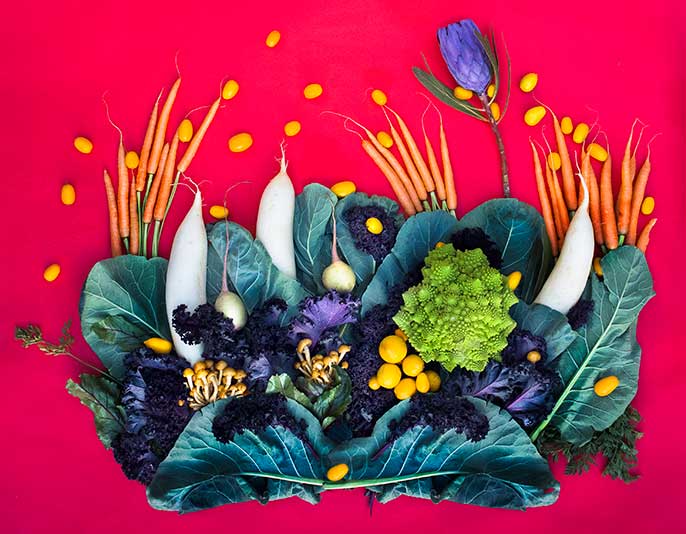
6. Foodies
UC Berkeley alum Alice Waters is often credited with bringing worldwide attention to California cuisine, with its emphasis on fresh, seasonal and local ingredients. But from its earliest days, UC has always been about food. It's not a stretch to say that California's $43 billion agriculture industry might never have taken root without UC research that showed how to remove salts from the alkali soils of the Central Valley. Today, UC's Division of Agriculture and Natural Resources, together with UC Berkeley, UC Davis, UC Riverside as well as UC Santa Cruz, are at the forefront of efforts to sustainably, nutritiously feed California and the world. So to those who call California the land of fruits and nuts, we say: You got that right. And you can thank UC.

7. Biotech
Stanford and UC aren't always rivals: In fact, it was a collaborative research project between the two that laid the foundation for the biotech industry. UC San Francisco biochemist Herbert Boyer and Stanford University medical professor Stanley Cohen together developed a method for successfully transferring a gene from one species into another, the technique for recombinant DNA. Boyer went on to co-found Genentech, the manufacturer of human insulin, the world's first recombinant drug. Without their breakthrough? A world with fewer treatments for diabetes, cancer and blood clots. We feel sick just thinking about it.
8. Jackie Robinson
Few athletes have so profoundly changed the world as Jackie Robinson. In 1947, Robinson broke the color barrier in Major League Baseball, setting the stage for racial integration across the world of professional sports. Before his time with the Dodgers, Robinson was the first UCLA student ever to letter in four varsity sports: football, basketball, baseball and track and field. He was a phenomenal athlete, made even greater by his display of dignity and grace in the face of persistent and vicious racial harassment on the ball field. We like to think that his experience at UCLA, playing on one of the nation's most racially integrated college football teams, may have helped give him the vision and courage to break down racial barriers during his time with Dodgers. A world without Jackie Robinson? We call that a strike out.
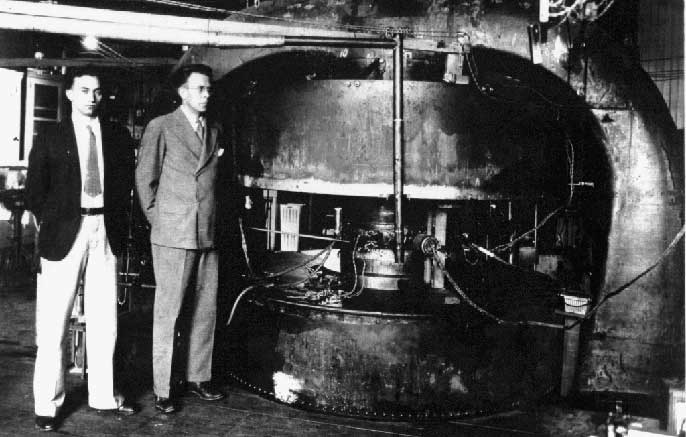
9. Big Science
The most exciting scientific discoveries being made today often involve large, multidisciplinary teams working together towards a single complex goal. Think of the huge teams involved in finding the Higgs Boson or sending a rover to Mars. Yet a single man largely is credited with showing the power of working in this collaborative way: E.O. Lawrence, winner of UC's first Nobel Prize and the namesake of both Lawrence Livermore and Lawrence Berkeley national labs, brought together engineers, physicists and other scientists to create the cyclotron. The early particle accelerator opened the door to nuclear science, while Lawrence himself set a new, more ambitious standard for scientific inquiry. A world without the "father of big science?" It would be a small world, indeed.
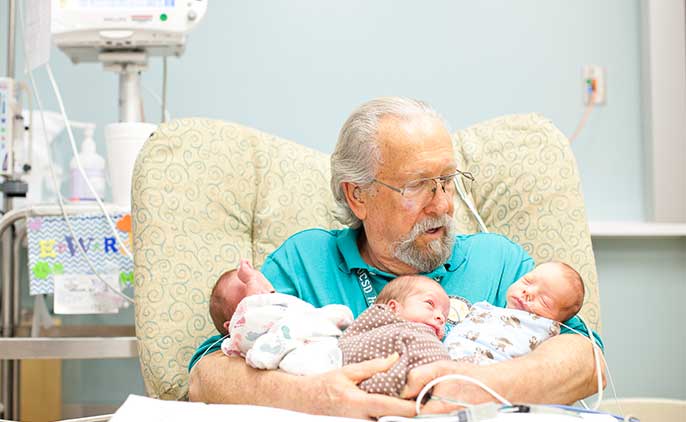
10. Neonatal health care
Pioneering neonatal research at UC San Francisco literally has saved the lives of tens of thousands of babies. Among some of its impressive milestones, UCSF was home to the first fetal treatment center in the United States; one of its surgeons, Michael Harrison, in 1981 performed the world's first surgery on a fetus inside the womb. UCSF also is the place where pediatric pulmonologist John Clements discovered surfactant, a substance that is essential to lung function, but which often is missing in babies born prematurely. He and other UCSF scientists went on to develop a replacement therapy for surfactant that has virtually eliminated what once was a leading cause of death in premature babies. California without its science heroes? No, thank you.